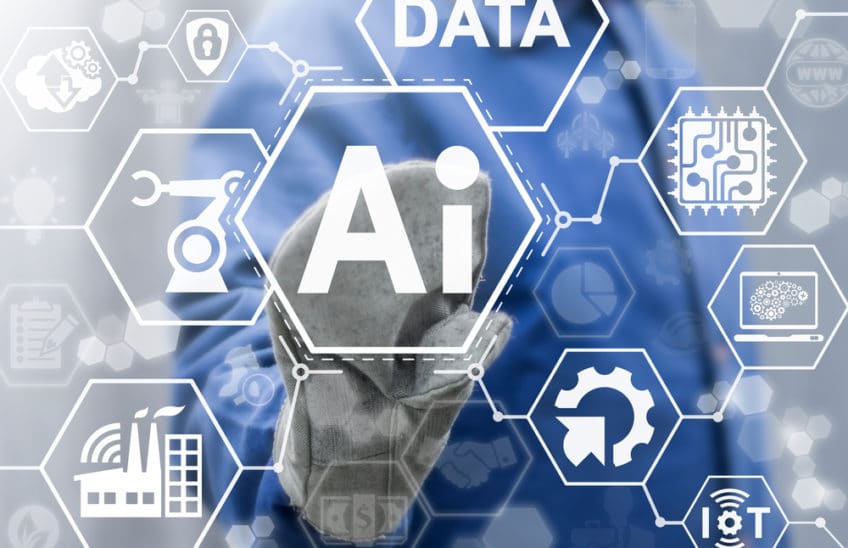L’intelligenza Artificiale (IA) è una grande opportunità per le aziende farmaceutiche. Gli ultimi progressi nella ricerca vedono l’IA protagonista di scoperte di farmaci, di sviluppo di biomarcatori e della ricerca sull’invecchiamento.
Insilico Medicine Inc. achieved a world first by successfully designing, synthesizing and validating a new drug end-to-end from scratch and taking just 46 days to do it, thanks to the first-time use of Artificial Intelligence: which is 15 times less than what is typically required, even for the best pharmaceutical companies.
Si può dire che il cammino imposto dalla intelligenza artificiale in questi ultimi anni ha scardinato le logiche tradizionali del sapere e conseguentemente del modo di fare impresa: riduzione dei costi strutturali con eliminazione delle parti improduttive; ridimensionamenti del personale; ridistribuzione delle figure apicali e dei quadri intermedi nell’organizzazione aziendale; investimenti massicci sulla sicurezza e tecnologia; riqualificazione e nuova formazione del personale; ridisegnare nuovi modelli contrattuali con la variabile dominante legata al risultato finanziario piuttosto che alla funzione; valenza alle politiche commerciali e di marketing.
Workers will need to understand how the algorithms adopted by companies work and how automated decisions are made, per avere la possibilità di contestarle in caso di decisioni sbagliate o parziali”. Stando alla ricerca dell’ European trade union institute (Etui) in this case access to code or transparency of algorithms will not only be the most important aspect to claim: “What is needed is the right to intervene and take action if the code makes a decision harmful to an individual”.
In the world of work – warns the Etui – “Lhe concerns are obvious and relate to how work can change or even disappear if replaced by an AI system. Even when these extreme situations they are avoid, working in an environment where AI systems are present increases the risk of misuse or abuse, particularly in cases of monitoring and surveillance in the workplace or in discriminatory practices such as scoring or profiling. In this case, data management is key and the distinction between personal and non-personal data is essential.
As for the "algorithmic decision making”, a phenomenon that already affects the present of millions of workers from logistics to services, “the concern is that algorithms will be increasingly integrated into decision-making processes, without any human intervention. In this type of context, workers must be able to understand how an automated decision has been made and, in case of biased or harmful decisions, they must be able to contest them.
For ISFs, the risk is to create robot ISFs, carefully monitored, geolocated, instructed on what to say and with a precisely programmed work organization.
Related news: The world of work between human and non-human
Doctors replaced by robots? Here are the possible risks for the work of white coats
From molecules to drugs with artificial intelligence
Big Pharma, it's the age of artificial intelligence
Drug launch? Teleshopping and Artificial Intelligence take care of it. Ed
Digitization of Italian healthcare, all the objectives to remain competitive
